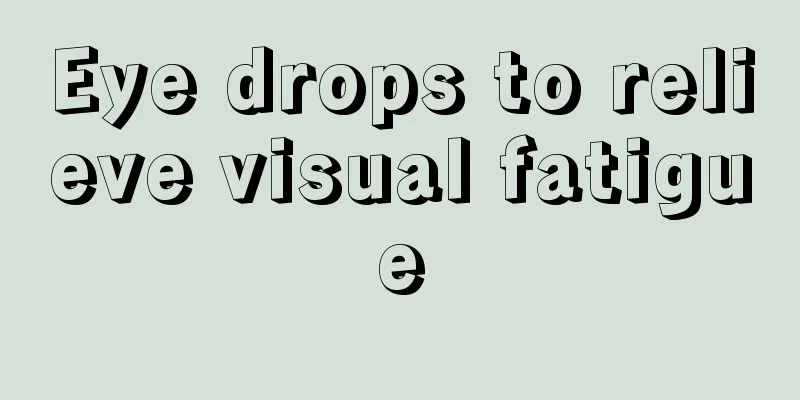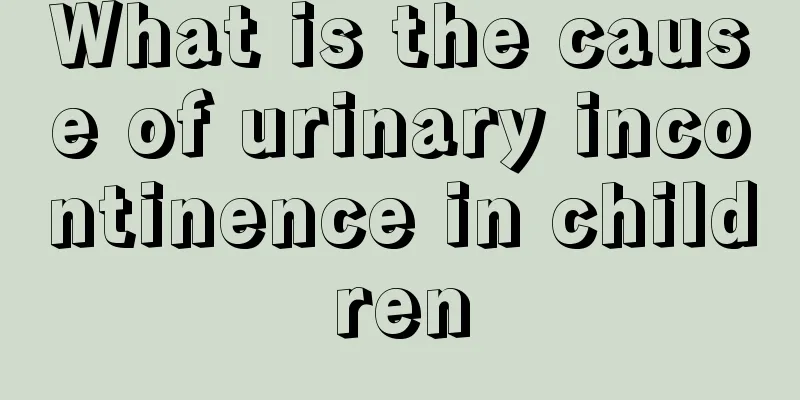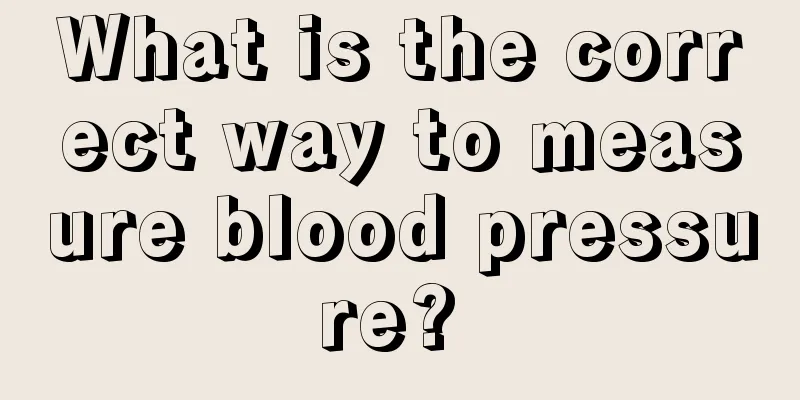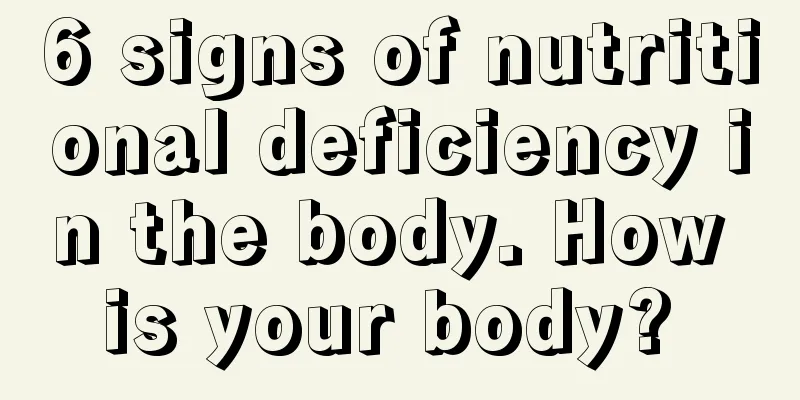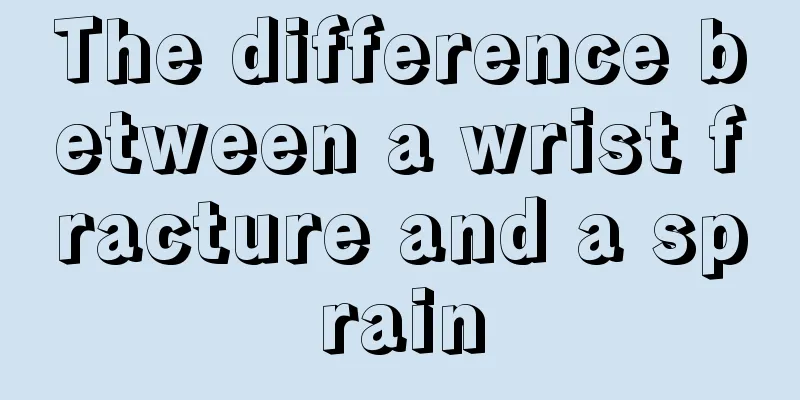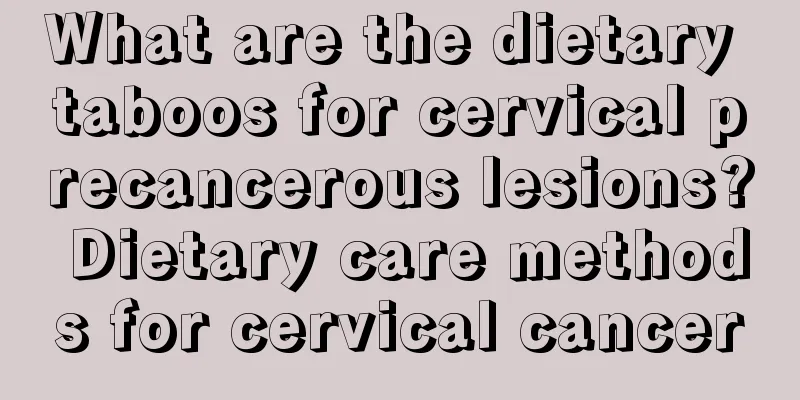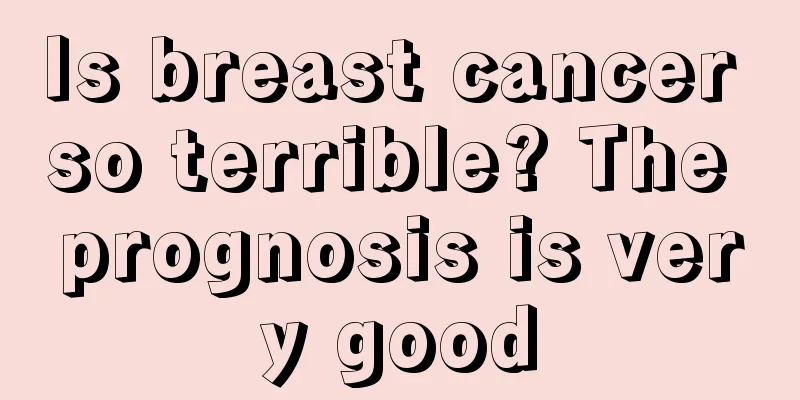What is the normal blood pressure at the age of 60
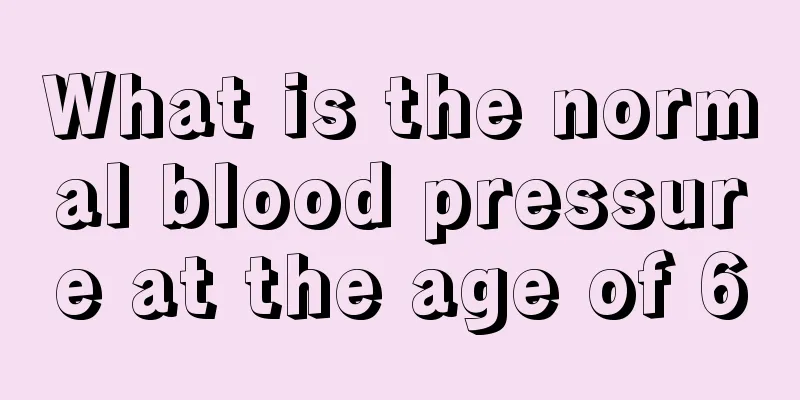
|
Blood pressure is an important indicator to measure human health. Everyone's blood pressure has a certain normal value. For the elderly, they need to pay attention to their blood pressure at all times, because the probability of suffering from hypertension is relatively high among the elderly, and hypertension is likely to lead to health problems such as cerebral infarction and myocardial infarction. So, what is the normal blood pressure for a sixty-year-old? 1. Normal blood pressure range for 60-year-olds Normal blood pressure: Systolic blood pressure below 140 mmHg and diastolic blood pressure below 90 mmHg, which is not hypotension, should be considered as normal blood pressure. In the past, it was mistakenly believed that the increase in blood pressure, especially systolic blood pressure, with age is a benign manifestation of human aging. As a result, many elderly people with hypertension did not receive treatment, or even if they took antihypertensive drugs, they were unable to effectively control their blood pressure to the ideal level. Especially those patients with fluctuating high blood pressure and isolated systolic hypertension rarely attract the attention of people or even doctors. So can the blood pressure of the elderly be higher? Do elderly people with mild hypertension (140-159/90-99 mmHg) need treatment? Epidemiological surveys, basic medical surveys, and large-scale clinical studies in recent years have confirmed that the risk of stroke and other cardiovascular accidents in the elderly with elevated blood pressure is actually higher than that of middle-aged people with the same blood pressure level. Therefore, high blood pressure in the elderly, especially high systolic blood pressure, is dangerous and should be treated. 2. The harm of hypertension in the elderly Elderly patients with hypertension not only suffer from arteriosclerosis, but also often have complications that pose a great threat to their health, such as coronary heart disease, diabetes, hyperlipidemia, etc. The risk is even greater under high blood pressure, so it is necessary to insist on effective blood pressure reduction to significantly reduce the occurrence of complications. Statistics show that effective antihypertensive treatment for hypertension in the elderly can reduce the incidence and mortality of cardiovascular diseases by 20%-50%. 3. Prevention of hypertension in the elderly 1. For the elderly, it is important to eliminate the risk factors for cardiovascular disease, avoid emotional excitement, quit smoking, drink less, and keep their weight close to the normal range, which is beneficial to their health. 2. In daily life, pay attention to limiting the intake of sodium salt and insist on moderate physical exercise. 3. Once antihypertensive treatment for elderly patients with hypertension begins, patients should adhere to regular medication treatment and do not reduce or stop medication at will. |
>>: What are the symptoms of getting angry
Recommend
What should you pay attention to in your diet to prevent liver cancer? Eating too much of this may increase your risk of liver cancer
There are many folk proverbs similar to the tradi...
What are the early symptoms of lung cancer that are easy to ignore? Don't ignore these 6 early symptoms of lung cancer
Lung cancer will send out some early signals duri...
What are some tips for curing tearful eyes?
In real life, tears are a common condition. Usual...
Wash your hair after swimming
Swimming is very common in daily life. Most peopl...
The best Chinese herbal medicine for bladder cancer
Patients with bladder cancer have always been tre...
How long do bacteria remain in the basin where underwear is washed?
Underwear is our close-fitting clothing, and ther...
Is it better to have toothpaste with or without fluoride?
Most of the toothpastes used in our daily life co...
How to use a double boiler
The emergence of steam not only shines in industr...
What are the effects of health wine?
Recently, as people pay more attention to health,...
What to do if there are polyps in the eyes
People with polyps in their eyes are very likely ...
What are the correct steps to make fermented glutinous rice?
Fermented glutinous rice is actually a very commo...
Why should babies take cod liver oil
Babies need a lot of nutritional energy to grow. ...
Traditional Chinese medicine prescription for preventing and treating esophageal cancer
One prescription: 9-15g of Lithospermum officinal...
What are the symptoms of EB virus?
Epstein-Barr virus is an infectious virus of the ...
Is pyelonephritis serious?
The causes of many clinical diseases are very com...
